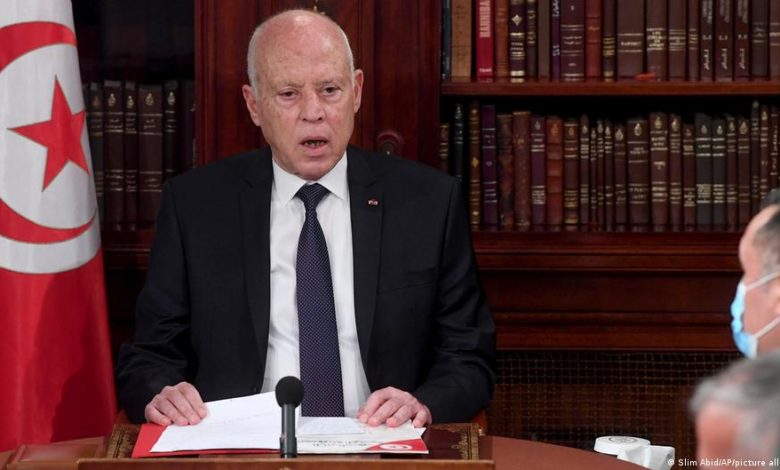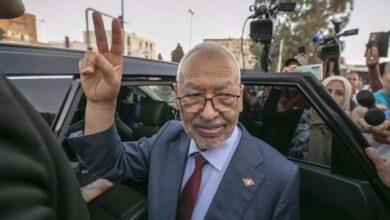Tunisia rejects racism accusations… and these are its new measures against foreigners

Following the controversy sparked by President Kais Saied’s remarks on the issue of African migrants in Tunisia, the Tunisian presidency has rejected accusations of racism leveled against it for its call to end the flow of illegal migrants from the Sahel and Sahara countries, calling for the country’s laws to be respected.
In a statement on Sunday evening, the Tunisian presidency expressed its astonishment at the “well-known campaign” against alleged racism in Tunisia, and said it rejects this accusation of the Tunisian state, stressing that it is one of the first founders of African unity and an advocate of its causes and all forms of racial discrimination.
Tunisia will not accept Africans as victims of human trafficking, stressing the need to respect the country’s laws so that chaos does not spread, noting in the same context its commitment to protect all migrants on its territory.
In the same context, Tunisia announced several new measures aimed at facilitating procedures for foreigners residing in it and protecting various communities, where it was decided to hand over residency cards for one year for students from African countries, to facilitate their stay in Tunisian soil and to enable them to renew their documents periodically in due course.
Tunisia also decided to exempt Africans from payment of late fines for migrants who have overstayed their residency permits, as part of voluntary repatriation, and to enhance the visibility of all migrants and refugees.
It was also decided to intensify monitoring campaigns to deter all types of human trafficking, and to place a green number on residents from various African countries to report any abuse, in order to reduce the phenomenon of exploitation of migrants.
The Presidency also announced its decision to extend the length of stay from 3 to 6 months and to facilitate the voluntary departure of those wishing to do so in an organized manner and in prior coordination with embassies and diplomatic missions of African countries in Tunisia.
In the past few years, Tunisia has called for Africa to be African for Africans and has dealt with all the means at its disposal with the crime of human trafficking, which the African brothers have been suffering from so far, according to a statement by the presidency.
On February 21, 2023, President Saied, after chairing a meeting of the National Security Council, called for an end to what he said was the “massive” influx of irregular migrants from sub-Saharan Africa into his country, considering it “a criminal arrangement aimed at changing Tunisia’s demographic composition”.
After parties and human rights organizations condemned this statement, and described it as “racist,” Saied went back and said that “those who speak of racial discrimination in Tunisia are parties that seek sedition”, warning against prejudice to legal African residents in the country.
The French newspaper “Le Monde” estimates the number of Africans in Tunisia between (30 and 50) thousand, while there are no official statistics on their number. Tunisia refers every year to dozens of African migrants, with the goal of emigrating from there to European Union countries via the Mediterranean Sea.












